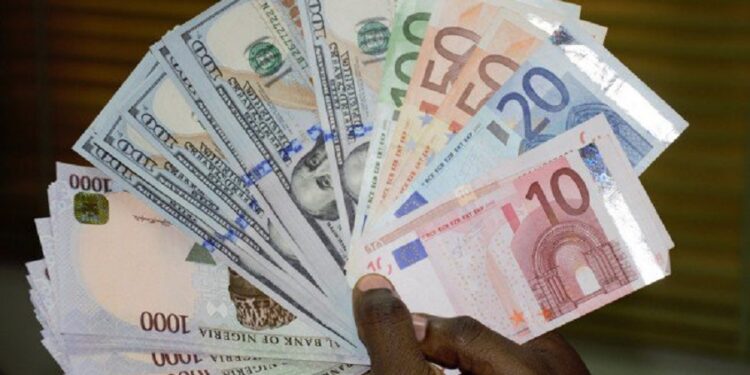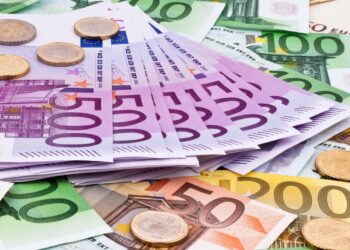The naira experienced a significant uptick on Monday, reaching a peak of N2100 per Great British Pound (GBP) in the parallel market, commonly referred to as the black market.
This surge marked a notable increase of 7.62%, with the currency strengthening by N160.00 compared to the previous day’s closing rate of N2,260.
This surge aligns with Nigeria’s heightened efforts to address the persistent depreciation of the Naira. In response to the currency’s decline, Nigeria has implemented various measures aimed at stabilizing its value.
These measures include intensifying enforcement actions against informal foreign currency street traders and targeting a well-known cryptocurrency trading platform.
Recommended reading: Naira strengthens by 7.43% to N1750 against dollar at the black market
Despite the Central Bank of Nigeria’s implementation of various policies aimed at boosting the supply of foreign exchange (forex), these developments persist, underscoring the complexities of managing currency stability in the face of economic challenges.
- However, the naira appreciated at the parallel forex market where forex is sold unofficially, the exchange rate quoted at N1,650/$1, an increase of 6.06% against N1,750 it closed the previous day,
- Additionally, the Naira against the Euro traded gained 5.95%, closing at N1850/EUR1 compared to N1960/EUR1 also reported the previous day.
In the cryptocurrency market where forex is sold using stablecoins, the Naira also settled at N1,637.30/$1 as of 12 pm.
Nairametrics reported that the National Security Adviser’s Office, led by Nuhu Ribadu, in collaboration with the Central Bank of Nigeria (CBN), has initiated a joint effort to combat forex speculation and tackle the issues affecting the country’s economic stability.
In a statement on Tuesday, a spokesperson for Ribadu’s office, Zakari Mijinyawa, the partnership is set to include coordinated actions with leading law enforcement agencies such as the Nigeria Police Force (NPF), the Economic and Financial Crimes Commission (EFCC), the Nigeria Customs Service (NCS), and the Nigeria Financial Intelligence Unit (NFIU).
Mijinyawa pointed out that the activities of speculators, operating both domestically and internationally through different mechanisms, have played a significant role in the naira’s depreciation, thereby exacerbating inflation and leading to economic instability in Nigeria.
Recommended reading: Naira stays above N1600 bandwidth at unofficial market as MPC meeting kicks off























The language of nairametrics sounds appetising, how does it cover the local needs of each tribe’s, by building local markets and facilitate the transport system in economic territories to generate an approved Infrastructure for Sustainable Development and an African unify currency through the world bank. T&C applies!!!